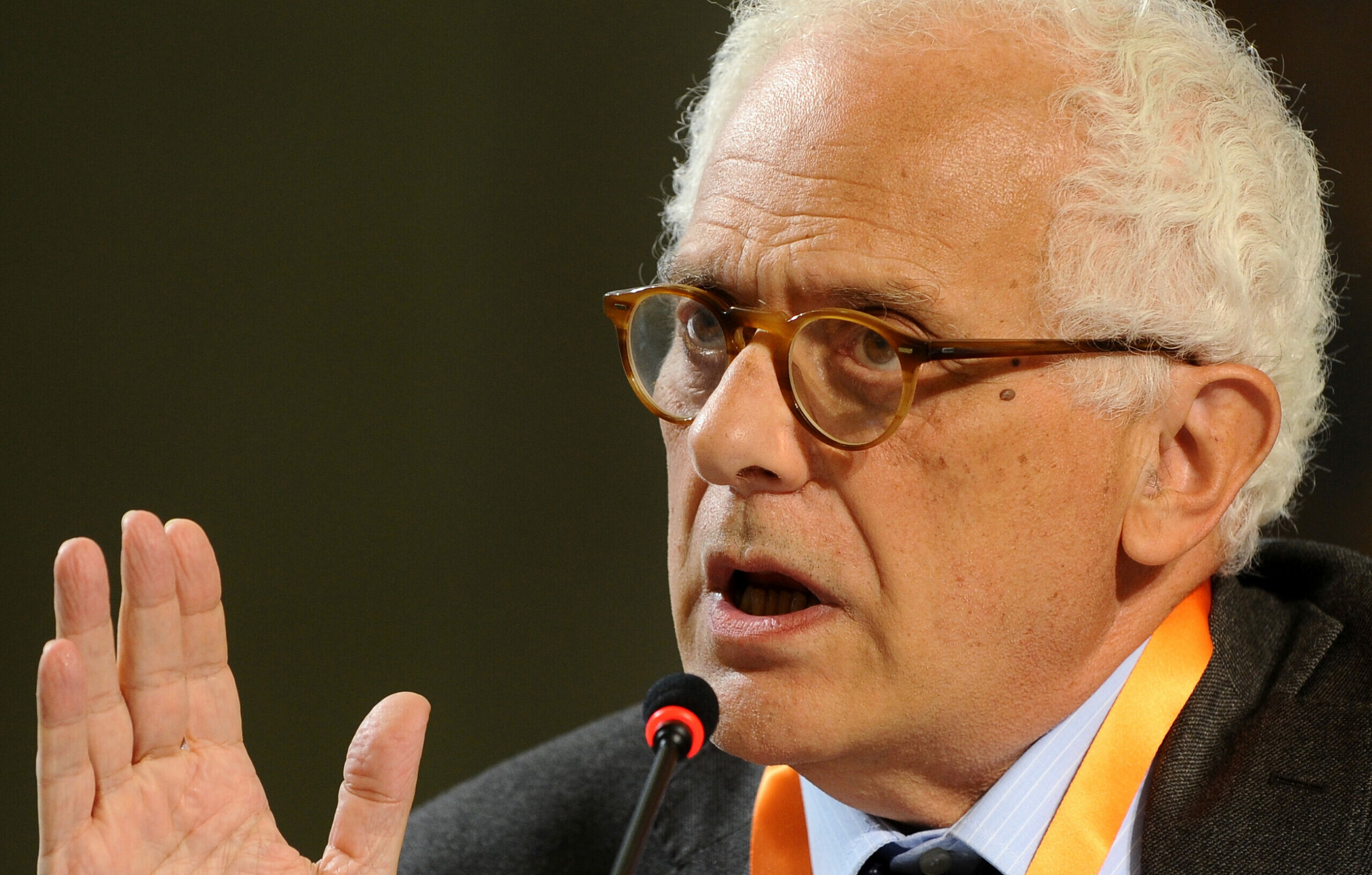Visco & Cipolletta want to raise the assets. Super taxi tips for Draghi and Franco

What the former Finance Minister, Vincenzo Visco, wrote on the site animated by an "Abetiano" editorial committee composed among others by Innocenzo Cipolletta, Stefano Micossi, Domenico De Masi and Paolo Messa
Here is what the former Minister of Finance, Vincenzo Visco (Pd) wrote on the Inpiù website published by a company referable to the publishing group headed by Luigi Abete; The president of the editorial board is the economist Innocenzo Cipolletta, formerly dg dio Confindustria, the editorial board also includes the economist Stefano Micossi (former dg Assonime), close to Carlo De Benedetti, the grillino sociologist Domenico De Masi, the manager Francesco Delzio (formerly in Aspi) and Paolo Messa (editor of Formiche and top manager of Leonardo). (Start Magazine editorial staff)
+++
For several decades, Italy has been discussing the need to reform the land register (of buildings, but also of land) whose values are based on surveys dating back to the 1930s, and periodically updated to take into account the variation in the level general pricing. The latest adjustment dates back to the Monti government, which at the same time presented a proxy to Parliament to fully reform the land register of buildings, based on market values and the square meters of the property. The proposal was then addressed on a dead end by the Renzi government. Today Draghi would like to resume that proposal with a view to a necessary modernization of an important infrastructure in our country. The oppositions immediately emerged in a noisy and decomposed way denouncing the risk of a tax increase. But what are the interests that are defended by the theorists of immobility?
Today the cadastral values have nothing to do with reality, they are in fact arbitrary and discretionary (like many things in the Italian tax authorities). If they had changed to reflect those of the market, the reality that would emerge would be very different from that described in the current land registry. All real estate values would rise (on average by about twice as much), but some would rise (much) more than others, while others might even fall (newly built buildings with cadastral rents set before the crisis-driven reduction in property prices). The property values of large cities would increase compared to those that have remained with stable or shrinking populations, or to small towns; those of urban centers with respect to the suburbs; those of the north compared to the south. This means that the rates currently in place for property-based taxes (Imu, registry, inheritance, etc.) would have to be adequately reduced, if one were to avoid the tax increase that is waved like a bugbear by anti-tax agitators. Reasoning for the same revenue, they should be halved. However, a redistribution of the levy would follow which, in the absence of the taxation of the first houses, appears difficult to assess, but which should penalize taxpayers who own higher value assets. These are the interests that the opponents of the reform protect, hiding as always behind the fear, moreover artfully raised, of an increase in taxation for all.
This is a machine translation from Italian language of a post published on Start Magazine at the URL https://www.startmag.it/economia/vincenzo-visco-riforma-catasto/ on Fri, 01 Oct 2021 12:30:20 +0000.
